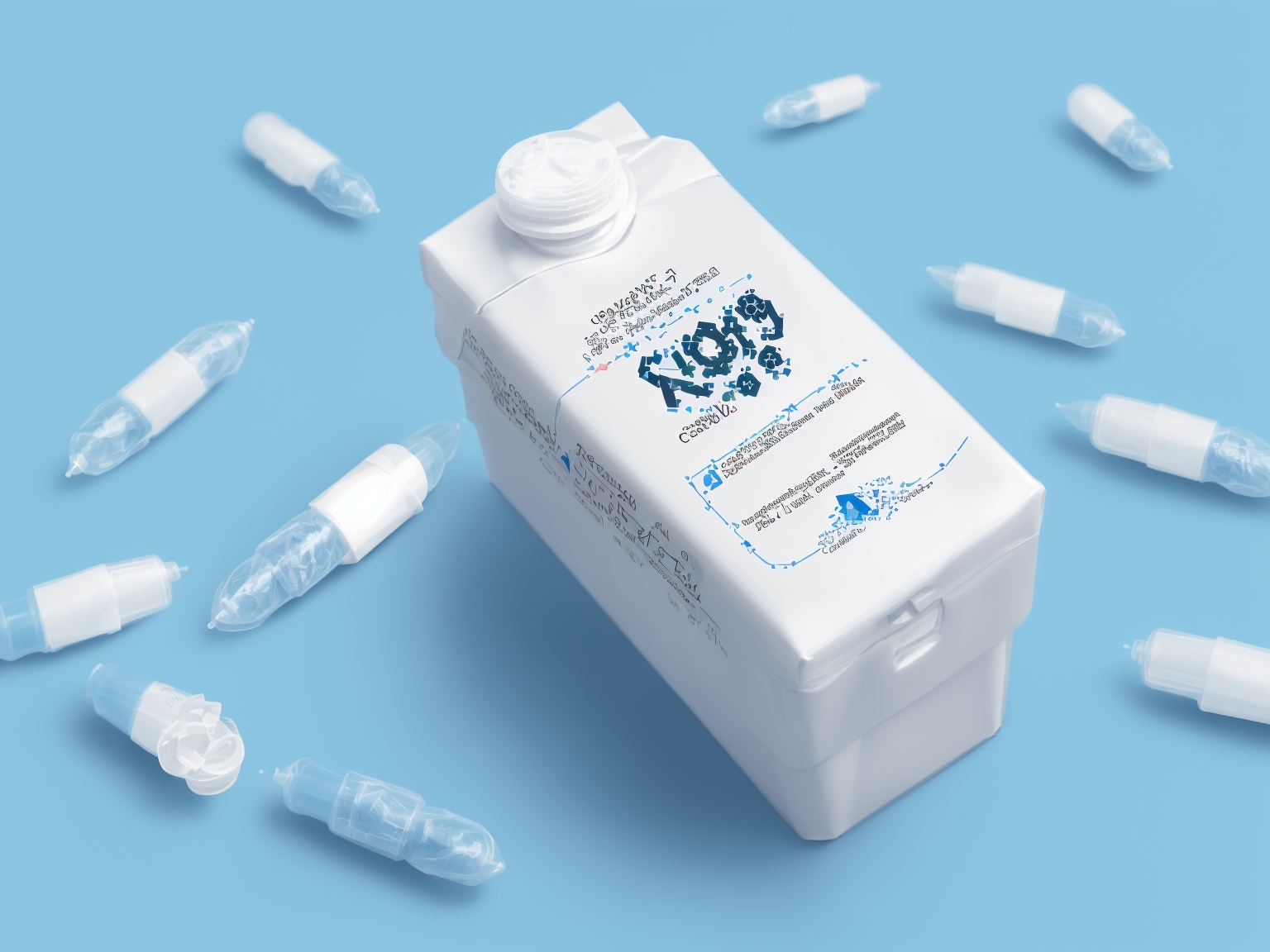Title: COVID-19 Vaccine Updates: A Comprehensive Guide to the Global Immunization Effort
As the global fight against COVID-19 continues, the development and distribution of effective vaccines have emerged as critical weapons in our arsenal. This article provides a comprehensive update on the current status of COVID-19 vaccines, answering frequently asked questions and offering insights into the ongoing global immunization effort.
**Introduction**
The COVID-19 pandemic has tested the resilience and adaptability of societies worldwide. As scientists race to develop effective vaccines, we’re here to bring you the latest updates on this crucial front in our battle against the virus.
**Vaccine Developments**
– **Pfizer-BioNTech:** The Pfizer-BioNTech vaccine, which uses mRNA technology, has been authorized for emergency use in several countries, including the United States and United Kingdom. It requires ultra-cold storage and is 95% effective.
– **Moderna:** Moderna’s mRNA vaccine, similar to Pfizer-BioNTech’s, has also received emergency use authorization in multiple nations and boasts a 94.1% efficacy rate. It can be stored at regular refrigerated temperatures.
– **Johnson & Johnson:** The Johnson & Johnson vaccine uses a different technology called viral vector and has been granted emergency use authorization in the U.S., with a single-dose regimen. Preliminary data shows it is 66% effective against moderate to severe/critical COVID-19.
– **AstraZeneca:** The AstraZeneca vaccine, also a viral vector product, has been approved for use in various countries including the U.K., India, and Brazil. Its efficacy rate varies depending on dosage but is estimated to be around 70%.
– **Sinopharm/Sinovac:** Chinese pharmaceutical companies Sinopharm and Sinovac have developed vaccines that are currently being used in China and other countries. Data suggests they offer protection rates of over 70% against symptomatic COVID-19.
**Vaccine Distribution**
Distribution of the newly developed vaccines has been a complex challenge, with several factors influencing the pace at which they reach various populations:
– **Global Vaccine Alliance (GAVI)**: GAVI is coordinating efforts to ensure equitable vaccine distribution across low- and middle-income countries. The COVAX Facility, led by GAVI in partnership with the World Health Organization (WHO), aims to provide 2 billion doses of COVID-19 vaccines globally by the end of 2021.
– **Regional Cooperation**: Countries within regions such as the European Union and ASEAN are coordinating vaccine procurement and distribution efforts, aiming to increase efficiency and minimize competition among member states.
– **Manufacturing Capacity**: Increasing manufacturing capacity is essential to meet global demand for COVID-19 vaccines. Collaborative efforts between pharmaceutical companies, such as the one between Pfizer and BioNTech, are helping to address this issue.
**Frequently Asked Questions (FAQs)**
1. **Who should get a COVID-19 vaccine?** Initially, priority will be given to high-risk populations, including healthcare workers, the elderly, and those with underlying health conditions. Once supply increases, vaccination will be offered to other at-risk groups and eventually the general public.
2. **How effective are the COVID-19 vaccines?** The efficacy rates of approved COVID-19 vaccines range from 66% (Johnson & Johnson) to 95% (Pfizer-BioNTech). However, it’s important to note that no vaccine is 100% effective.
3. **How long do the vaccines protect against COVID-19?** At this point, we don’t know how long the protection from these vaccines will last. Further research will be conducted to determine the duration of immunity provided by each vaccine.
4. **Can I still get or transmit COVID-19 after being vaccinated?** It is possible to still contract and transmit COVID-19 after receiving a vaccine, although symptoms are typically milder in vaccinated individuals. Wearing masks, social distancing, and practicing good hygiene continue to be essential measures to prevent the spread of the virus.
5. **Are there any side effects from COVID-19 vaccines?** Side effects from COVID-19 vaccines are generally mild and include soreness at the injection site, fatigue, headache, muscle pain, and fever. More severe reactions are rare. It is essential to consult with a healthcare provider if you have concerns about vaccine side effects.
**Conclusion**
As the global community continues to navigate the challenges posed by COVID-19, the development and distribution of effective vaccines represent a significant step forward in our efforts to defeat this pandemic. With collaboration and coordination at the forefront, we are hopeful that the days ahead will see increased access to these vital tools, helping us to rebuild lives and societies disrupted by the virus. Stay informed, stay safe, and remember: together, we can overcome.

Leave a Reply